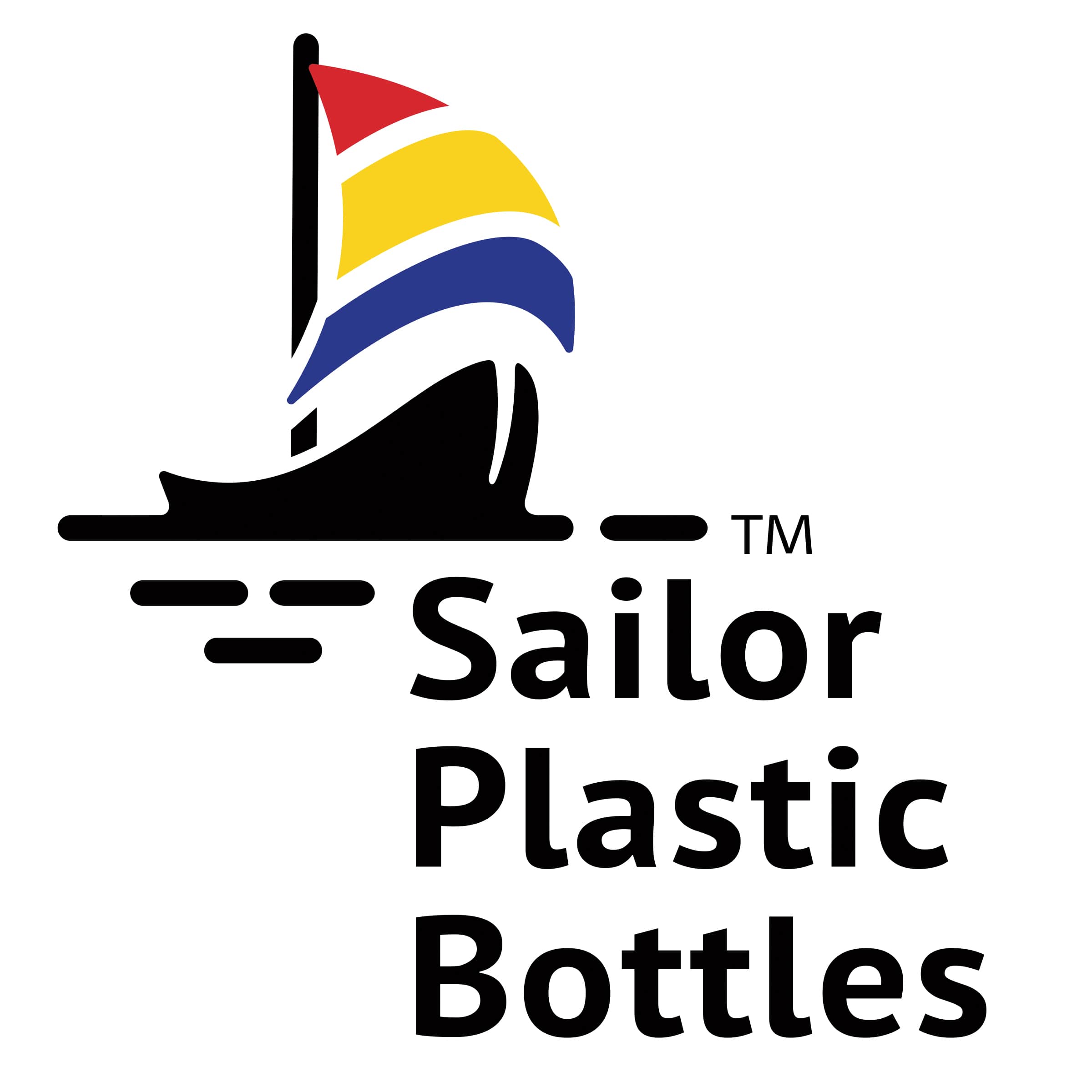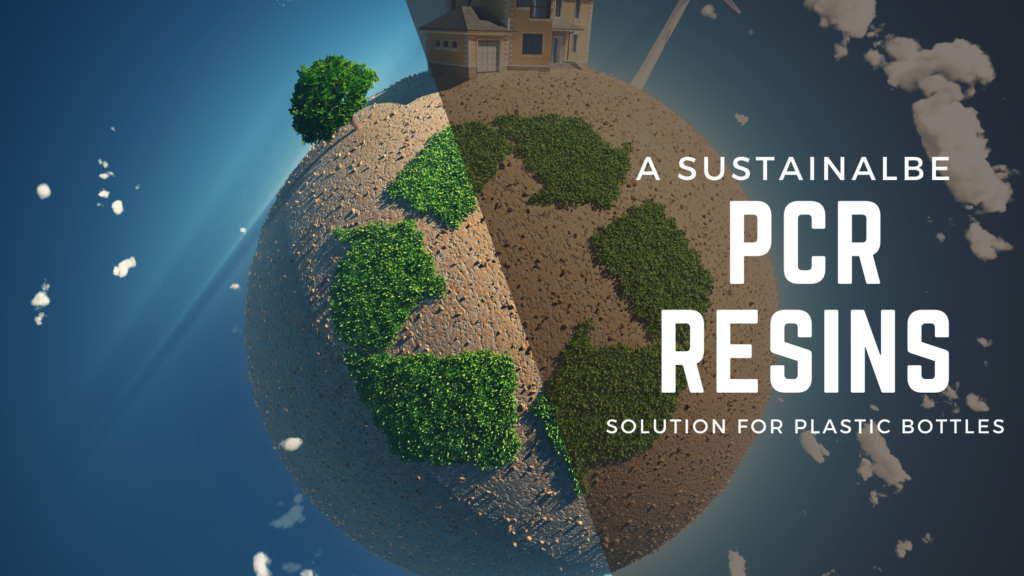PCR Resins: A Sustainable Solution for the Plastic Bottle Market
Plastic bottles are ubiquitous in our daily lives, from the water bottles we carry to the beverages we consume. While plastic bottles are convenient and cheap to produce, their negative impact on the environment cannot be overlooked. The production and disposal of plastic bottles have contributed to the ever-increasing problem of plastic pollution, leading to concerns about the sustainability of the plastic bottle market. However, with the development of PCR resins, there is hope for a more sustainable future.
PCR, or post-consumer recycled, resins are made from recycled plastic materials, including discarded plastic bottles. The process of recycling plastic bottles into PCR resins involves cleaning, shredding, and melting the bottles down to create a new material that can be used to produce new bottles. Unlike virgin plastic, which is made from petroleum and natural gas, these resins reduce the need for new plastic production and divert plastic waste from landfills and the ocean.
PCR Resins Have Numerous Benefits
The use of recycled resins in the production of plastic bottles has numerous benefits for sustainability. Firstly, it reduces the amount of plastic waste that ends up in landfills or the environment, which is a major problem for the planet. Plastic waste is estimated to take hundreds of years to decompose. The plastic pollution that results from improper disposal is a significant environmental issue. By using PCR resins in the production of plastic bottles, companies can reduce their environmental impact and contribute to a more sustainable future.
In addition to reducing plastic waste, the use of PCR resins also reduces energy consumption and greenhouse gas emissions associated with the production of new plastic. The production of virgin plastic requires a significant amount of energy, as well as the release of harmful greenhouse gases that contribute to climate change. By using PCR resins, companies can reduce their carbon footprint and contribute to the fight against climate change.
Moreover, the use of PCR resins can create a circular economy for plastic, where materials are reused and repurposed instead of being discarded. This creates a closed loop for plastic, reducing the need for new plastic production and reducing the environmental impact of plastic waste.
Examples in the Market
There are already companies in the plastic bottle market that have adopted PCR resins in their production process. For example, Coca-Cola has committed to using 50% recycled plastic in its bottles by 2030. Other companies, such as PepsiCo and Nestle, have also set similar sustainability goals. The use of PCR resins in the production of plastic bottles is a significant step towards a more sustainable future for the plastic bottle market.
Sailor Plastic Bottles is proud to introduce our Clear PET Square Bottle with 25% PCR Material, an eco-friendly packaging solution designed to meet the increasing demand for sustainable products. Made from high-quality PET plastic with 25% post-consumer recycled (PCR) content, this square bottle offers the same crystal-clear appearance and durability as traditional PET bottles while reducing environmental impact. With its sleek and modern square shape, this bottle is perfect for a variety of products such as health and beauty products, beverages, and condiments. By choosing our Clear PET Square Bottle with 25% PCR Material, you can make a positive impact on the environment while providing your customers with a high-quality packaging option.
In conclusion, PCR resins have the potential to increase sustainability in the plastic bottle market by reducing plastic waste, energy consumption, and greenhouse gas emissions associated with the production of new plastic. The use of PCR resins can create a circular economy for plastic, where materials are reused and repurposed instead of being discarded. By adopting PCR resins, companies can contribute to a more sustainable future and reduce their environmental impact.

